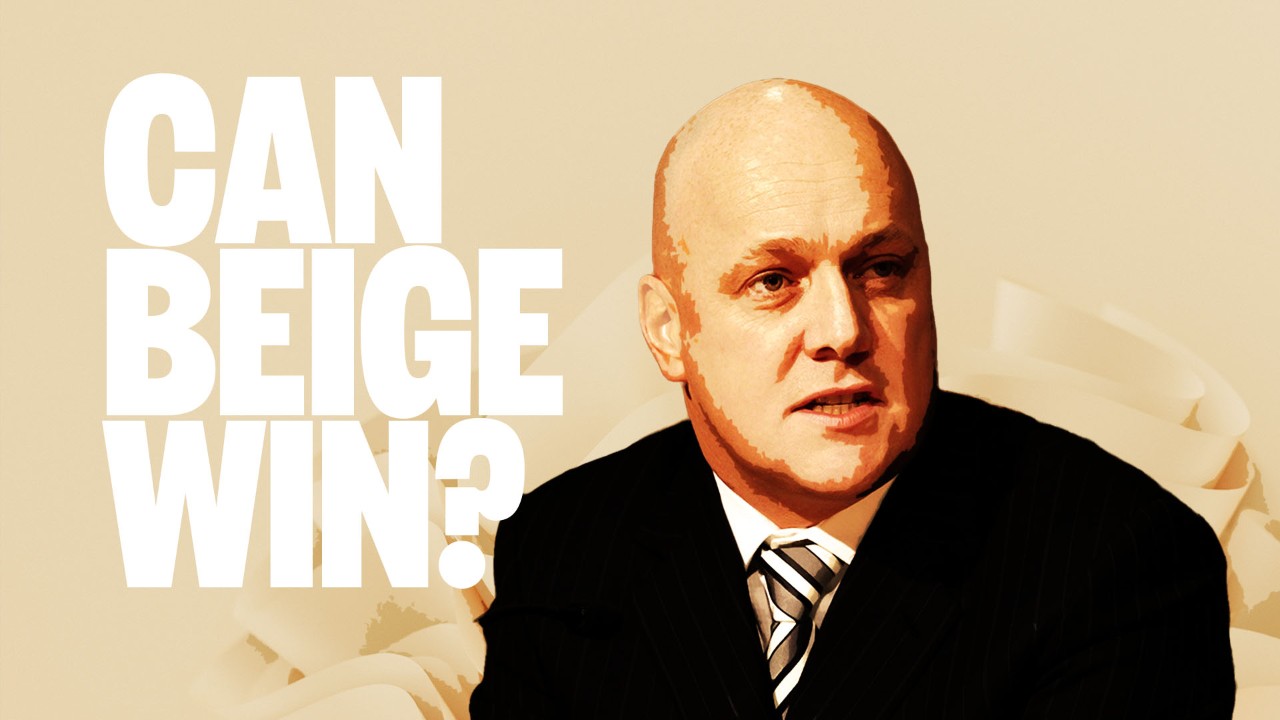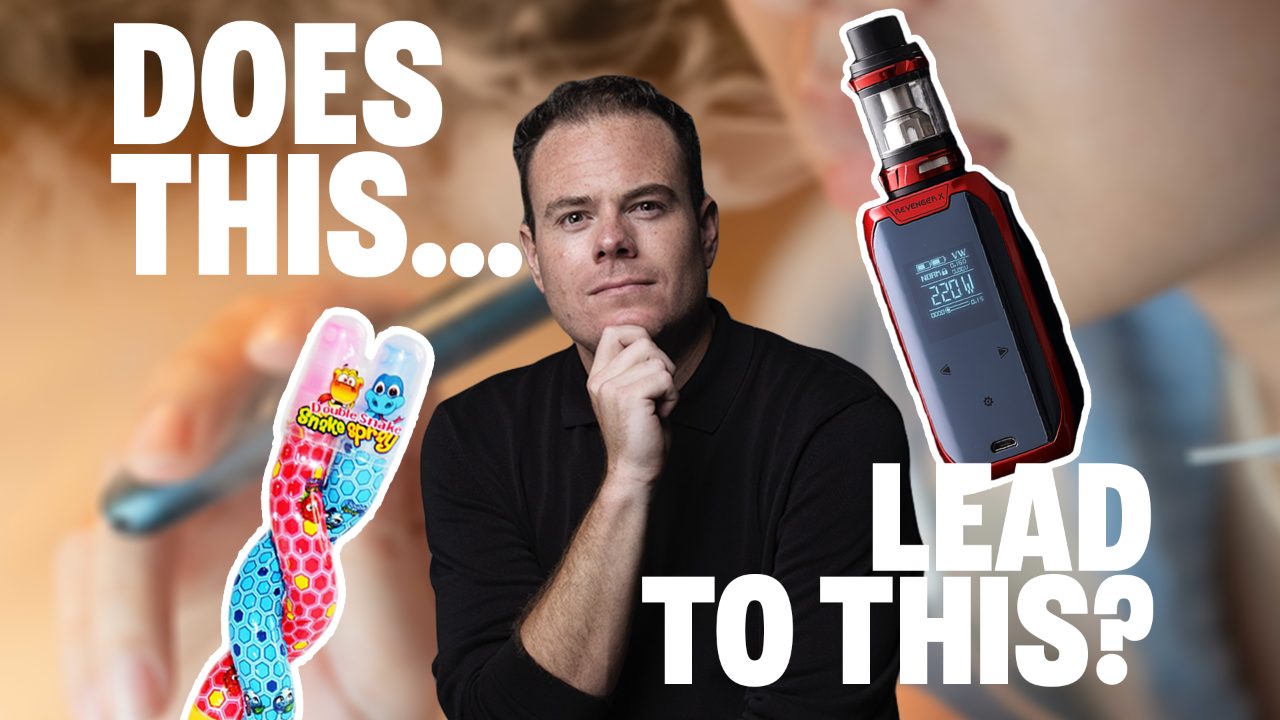Opinion: Just before the 2017 election, I interviewed Jim Bolger, the former Prime Minister.
He was a bit gruff about the nature of the way we were likely to vote. He said it was foolish to vote based on a leader’s personality, and not on their policies or their effectiveness as a leader.
Jacinda Ardern secured a good chunk of the vote off the back of promising change, connecting with youth and promising a few more bucks to students, and at the time, in 2017, she spoke to the politically disenfranchised and the politically disengaged. And suddenly – and without any real policy – Ardern was the new Prime Minister.
I think she was just as surprised as the rest of us.
So it’s interesting now as we watch Christopher Luxon begin to roll out his party’s policies, that some commentators and the public are still questioning if he has the chutzpah to lead National to an election victory.
Why is that?
His latest policy landed well – his childcare package – so why isn't he getting so-called 'cut through'?
Well, if you put Luxon on the colour spectrum, you would probably position him alongside beige. Luxon is neither offensive nor effusive.
And if you look at the polls, they tend to evidence that too. Chris Hipkins is well ahead of Luxon in the preferred Prime Minister stakes, including in the latest One News/Kantar Poll. Hipkins is on 27 percent and Luxon is on 17 percent. And Ardern, remarkably, is still there on 2 percent.
There is still a lot of water to flow under the bridge before the election, but Luxon should bide his time. He's still building, but Labour may have already hit 'Peak Hipkins'.
And here’s why. Hipkins has had his honeymoon. He’s the new leader, everyone is always quite intrigued about the new person at the top, and there was also a strong sentiment of ABA – Anyone But Ardern.
Hipkins has done a very good job of positioning himself as a very different leader to Ardern. He’s a better, more authentic communicator. He gets to the point. He knows what he’s talking about.
Hipkins has also rid himself of policies that might have tipped him up. Plastic container refunds and the like, the Clean Car Upgrade subsidy. Good ideology, but they probably would have amounted to nothing except yet more hefty invoices from consultants.
In the process, Hipkins has essentially exorcised the legacy of Jacinda Ardern from the party. He’s either axed or deferred policies that Ardern allowed through, but he’s left a couple of big lofty policies too - a second harbour crossing for Auckland and a Light Rail system will be in place at some stage, he says. Crucially, he can’t be held to account on either of those two policies before the election.
Hipkins has also trampolined off the back of the Auckland floods and Cyclone Gabrielle. He’s done okay managing those disasters, so far. But now is where the rubber hits the road. The country isn’t in a state of emergency anymore. It’s in a state of response and recovery and that requires a strategy. And that’s where Hipkins needs to step up and lead and earn the trust of the country.
Remember Ardern promising to address child poverty and she recognised climate change as our nuclear-free moment? And yes, there was COVID, but since then, Labour’s delivered a truckload of ideology and not a lot of tangible reality. Enough of the hot air. This is what Hipkins has to counter. Labour speaks a good game. Can they deliver too?
So if I was Luxon, I’d bide my time. I would keep announcing bulletproof policy. I would be logical, sound, and dependable. I would be professional and factual. I would keep making sense. In other words, keep being beige. Because as we get closer to the election, it is not Luxon that will come under intense pressure – it will be Hipkins.
Most of us have memories like elephants and as we get closer to the election in October, we’re likely to be reminded of some of the decisions Labour made that caused deep divisions in our society, divided our families, caused considerable trauma through COVID, and led to unprecedented scenes in Wellington at the protest.
Yes, many will say this Government saved thousands of lives, but that is not where the story ends. Will we forgive the trauma and hurt that so many areas of our society suffered because of some of the decisions that Labour made after that first COVID lockdown?
Trust is everything.
It is Hipkins's job to prove to voters that while Labour has a new leader, does it also have a new party we can trust? And if Hipkins can’t prove that, then beige may well be the new red.
SIGN UP TO OUR NEWSLETTER.
Stay in the loop on some of the most important things happening at Today FM - whether it be the biggest news stories, host opinions or the latest on what you need to know about happening on air and on our website. Sign up here.














